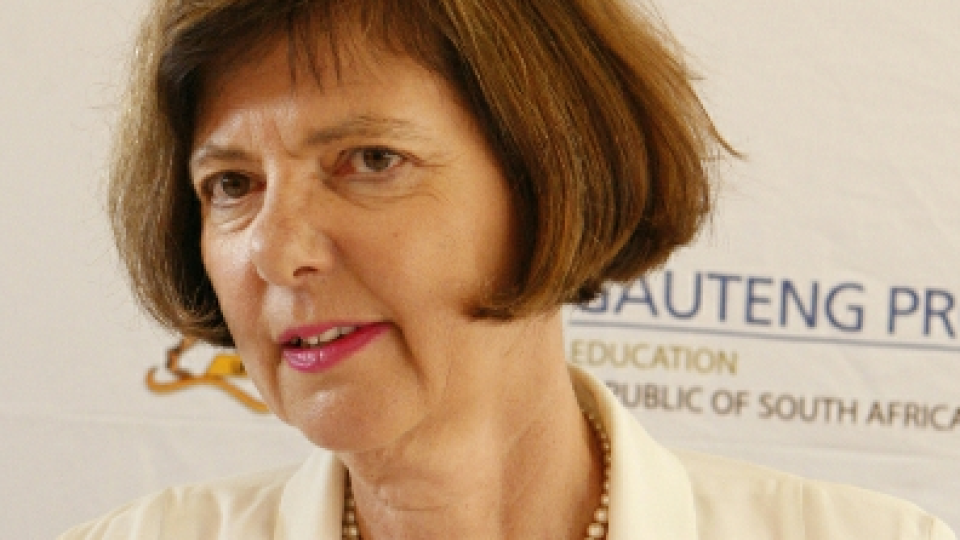by AKANI CHAUKE
JOHANNESBURG, (CAJ News) – FRONTLINE conservation organisations, the private sector and law enforcement in South Africa have teamed up to explore ways of tackling illegal wildlife trade across the region.
They have emerged from a conference attended by leaders from government, business, law enforcement and non-governmental organizations (NGOs).
The two-day event came hot on the heels of recent commitments from the United States Treasury to form a US – South Africa taskforce to “follow the money” and halt the illegal trade in wildlife.
Hosted by United for Wildlife at Timbavati Private Nature Reserve, in partnership with the Global Conservation Corps (GCC) and the Greater Kruger Environmental Protection Foundation, Combating the Illegal Wildlife Trade in Southern Africa promoted greater engagement and collaboration between non-profit, public and private sectors, highlighting the crucial role they could play in supporting wildlife rangers – Africa’s first line of defence against poachers.
Barbara Creecy, South Africa Minister of Forestry, Fisheries and the Environment, said the illegal trade in wildlife can involve complex combinations of illegal practices, including trafficking, forgery, bribery, violence, the use of shell companies and other elements that encompass organised crime.
“Owing to the complexity of the illegal wildlife trade, a diverse response is required in the short, medium and long-term, and at a local, regional and international level,” Creecy said.
“I would like to thank United for Wildlife for taking on the challenge and pulling together advanced skills and resources across local and international spaces, and for encouraging the participation and commitment of crucial players in the private sector.”
United for Wildlife is a global network founded by Prince William and the Royal Foundation to combat the illegal wildlife trade.
David Fein, Chair of the United for Wildlife Financial Taskforce, said collaboration is key to protecting the planet’s rich biodiversity from the illegal wildlife trade.
“By breaking down barriers between rangers, private sector companies, NGOs and law enforcement agencies, we can facilitate the routine sharing of knowledge and information across sectors and between countries,” he said.
Fein believes free-flowing information networks are vital if the private sector is to tackle wildlife crime business.
“They will also help law enforcement to gather the intelligence they need to make arrests and secure convictions, ultimately supporting rangers in staying one step ahead of poachers on the ground,” Fein added.
In addition to live discussions, delegates gained first-hand experience of a ranger’s life on the front line of conservation. Rangers held a number of scenario-led demonstrations.
The conference also included a private screening of the upcoming “Rhino Man” documentary, about the field rangers who risk their lives every day to protect South Africa’s rhinos from being poached to extinction.
The film pays tribute to South African ranger, Anton Mzimba, a close colleague of many in the United for Wildlife network. He was tragically killed last year in a suspected hit by criminal syndicates involved in wildlife trafficking.
“United for Wildlife’s commitment to shining a light on rangers and long term solutions to tackling the illegal wildlife trade is something he would be immensely proud of,” said Matt Lindenberg, Global Conservation Corps (GCC) Executive Director.
Sharon Haussmann, Chief Executive Officer of Greater Kruger Environmental Protection Foundation, paid tribute to rangers on the frontline, where they risk their lives daily to protect the wildlife in the region.
“Our managers and our rangers are doing a phenomenal job in keeping the rhinos and other wildlife safe, but their relentless efforts need to be matched beyond the boundaries of the protected areas,” she said.
Spanning globally, the United for Wildlife has contributed to over 450 law enforcement cases, over 250 arrests, almost 200 seizures of wildlife products and trained over 100 000 people.
– CAJ News

